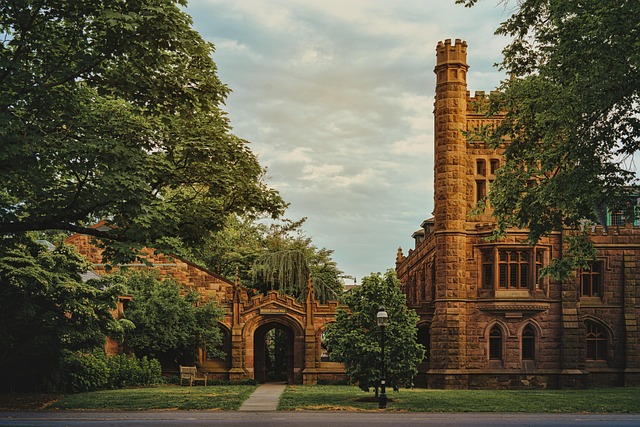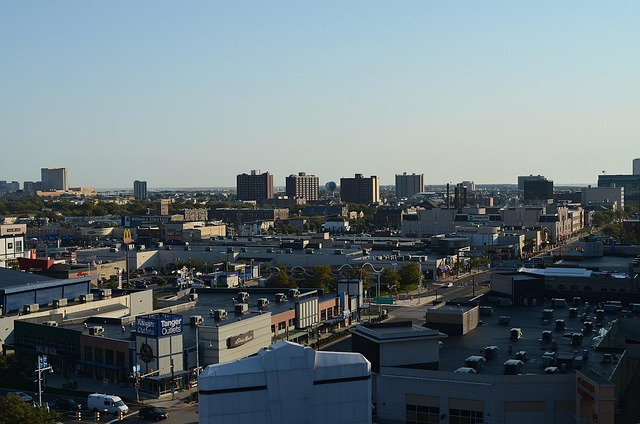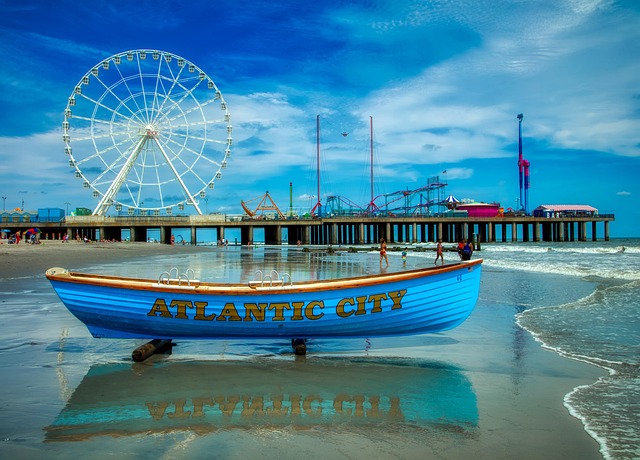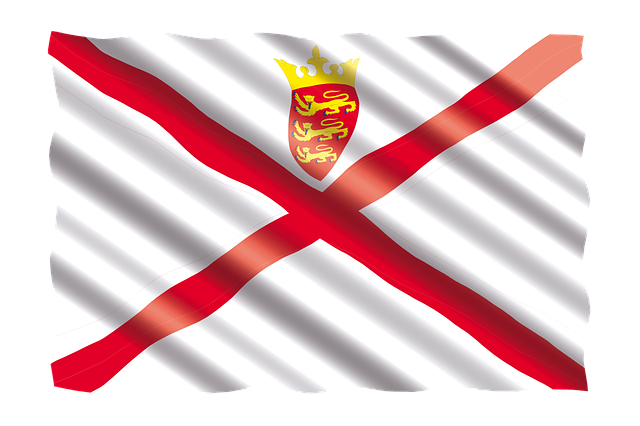Trenton, New Jersey, is a city rich in history and cultural diversity. Established during colonial times, it played a crucial role in the American Revolution and boasts an industrial past as a major iron and steel manufacturer. Today, Trenton offers visitors a blend of historical landmarks, vibrant neighborhoods, multicultural festivals, and a thriving artistic scene. It serves as New Jersey's capital and is known for its diverse job market, top educational institutions like Princeton and Rutgers, and efficient transportation network. The city is experiencing renewal with modern developments, aiming to attract professionals while promoting sustainability and enhancing quality of life.
“Discover Trenton, New Jersey: A Vibrant Blend of History and Modernity. This dynamic city offers a captivating journey through time with its rich historical overview, from colonial times to the present day. Explore the diverse demographic and cultural landscape, where a melting pot of communities creates a unique atmosphere. Uncover key attractions that draw visitors from near and far, while delving into Trenton’s thriving economy and educational institutions. With excellent transportation links throughout New Jersey, this city is poised for future growth, solidifying its significance in the state.”
- A Historical Overview of Trenton, New Jersey
- The City's Demographic and Cultural Landscape
- Key Attractions and Tourist Destinations
- Trenton's Economic Hub and Job Market
- Education and Research Institutions in the Area
- Transportation and Accessibility Within New Jersey
- Future Developments and Trenton's Growing Significance
A Historical Overview of Trenton, New Jersey

Trenton, New Jersey, has a rich historical fabric that dates back to colonial times. Originally inhabited by the Lenape Native Americans, the area was later settled by Dutch and English immigrants in the 17th century. The city officially incorporated in 1792, becoming a significant industrial and transportation hub along the Delaware River. During the American Revolution, Trenton played a pivotal role as the site of two crucial battles—the Battle of Trenton on December 26, 1776, and the Second Battle of Trenton on January 2, 1777. These victories, led by General George Washington, boosted colonial morale and marked turning points in the war.
The city’s strategic location along major trade routes facilitated its growth as a bustling commercial center. The early 19th century saw Trenton emerge as a prominent manufacturer of iron and steel, with several foundries and mills dotting the landscape. This industrial legacy left a lasting impact on the city’s identity, shaping its architecture and cultural heritage. Over time, Trenton has evolved while preserving its historical charm, making it an intriguing destination for those interested in exploring New Jersey’s past.
The City's Demographic and Cultural Landscape

Trenton, New Jersey, boasts a diverse demographic and cultural landscape that reflects its rich history and modern-day vibrancy. The city is home to a blend of ethnicities, with significant African American, Hispanic, and European communities, each contributing their unique traditions and culinary delights. This multicultural tapestry is evident in the city’s vibrant neighborhoods, where festivals celebrating various heritage months attract residents and visitors alike.
The cultural scene in Trenton is thriving, featuring numerous art galleries, museums, and performing arts centers. Local artists and musicians find inspiration in the city’s industrial past, transforming abandoned spaces into creative hubs. This fusion of history, culture, and contemporary life makes Trenton a captivating destination for those exploring New Jersey’s diverse offerings beyond its famous beaches and boardwalks.
Key Attractions and Tourist Destinations

Trenton, the capital city of New Jersey, boasts a rich history and a vibrant cultural scene, making it an attractive destination for tourists. Visitors can explore iconic landmarks like the State Capitol Building, a grand structure that dominates the skyline and offers insightful tours. The city’s historical significance is further enhanced by museums such as the Trenton Historical Museum, which showcases the region’s past, including its role in the American Revolution.
For nature enthusiasts, the Liberty State Park provides a peaceful escape with scenic riverside walks, offering breathtaking views of the Philadelphia skyline across the Delaware River. Additionally, Trenton’s culinary scene is a delight for food lovers, featuring diverse restaurants and cafes that reflect the city’s multicultural heritage.
Trenton's Economic Hub and Job Market

Trenton, New Jersey, has established itself as a vibrant economic hub, offering a diverse range of employment opportunities. The city’s job market is characterized by a robust mix of sectors, including government services, healthcare, education, and manufacturing. With a strong presence of state government agencies and various Fortune 500 companies, Trenton boasts a low unemployment rate, attracting professionals from across the state.
The city’s strategic location in Central New Jersey provides easy access to major transportation hubs, fostering business growth and facilitating commerce. The thriving local economy is further boosted by a skilled workforce and a supportive business environment, making Trenton an attractive destination for startups and established enterprises alike.
Education and Research Institutions in the Area

Trenton, NJ boasts a vibrant educational landscape with several renowned institutions. Among them is Princeton University, a world-class research university known for its excellence in various fields, including STEM, humanities, and social sciences. Its proximity to Trenton offers residents and students access to cutting-edge academic opportunities.
The area also plays host to Rutgers University’s Newark campus, a significant center for higher education in New Jersey. Rutgers brings diverse academic programs and research initiatives, contributing to the intellectual vibrancy of the region. These educational institutions not only provide top-tier learning environments but also drive innovation and economic growth through partnerships with local businesses and research collaborations.
Transportation and Accessibility Within New Jersey

Trenton, NJ, offers excellent transportation options, making it easily accessible within the state. The city is well-connected by a robust public transport network, including buses and trains, which facilitate commuting to nearby areas and major cities in New Jersey. Major highways like I-95 and US Route 1 provide convenient road access, ensuring easy travel for both residents and visitors.
Additionally, Trenton’s central location makes it an ideal hub for inter-city trips. The city’s proximity to Philadelphia, New York City, and other major metropolitan areas in New Jersey allows for seamless regional travel. This accessibility contributes to the area’s appeal as a place to live, work, or visit, further enhancing its role within the state’s transportation infrastructure.
Future Developments and Trenton's Growing Significance

Trenton, NJ, is not just a city with a rich history; it’s also a hub of future potential and growing significance in the state. With a surge in urban development, Trenton is witnessing a renaissance that promises to transform its landscape. The city’s central location and robust infrastructure make it an attractive prospect for investors and businesses looking to establish a presence in New Jersey.
Planned developments include modern residential complexes, vibrant mixed-use spaces, and enhanced transportation networks. These initiatives aim to cater to Trenton’s growing population and attract professionals from across the state and beyond. The city’s commitment to sustainability is also evident in these projects, incorporating green spaces and eco-friendly design elements to create a high-quality of life for its residents and contribute positively to New Jersey’s environmental goals.
